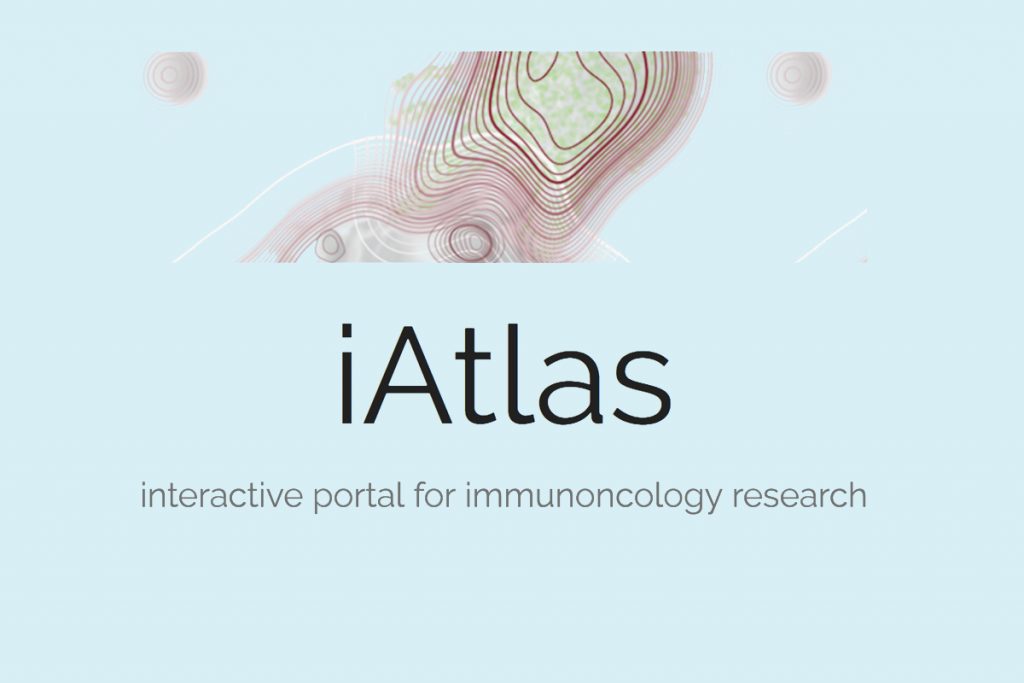CRI iAtlas Expands to Interactive Analysis of Data on Immunotherapy Treatments
 isbscience.org/news/2020/12/18/cri-iatlas-expands-to-interactive-analysis-of-data-on-immunotherapy-treatments/
isbscience.org/news/2020/12/18/cri-iatlas-expands-to-interactive-analysis-of-data-on-immunotherapy-treatments/
A tool in cancer researchers’ toolboxes just got a lot more powerful. The team behind CRI iAtlas today announced a major release to its immuno-oncology portal.
CRI iAtlas is a comprehensive web-based resource that allows oncologists and researchers to study and analyze interactions between tumors and the immune microenvironment. The iAtlas team just released immuno-oncology modules that allow investigators to access and work with genomics data from trials of treatment with immune-checkpoint inhibitors.
“This is an exciting addition to the iAtlas portal,” said ISB Bioinformatics Scientist Carol Heimann, who led development of the new modules. “We think this expansion will provide researchers a tool to make use of clinical and molecular insights from response to CTLA-4 and PD-1/PD-L1 checkpoint inhibitors trials to foster the scientific development of the field.”
Checkpoint inhibitors have shown great promise in cancer immunotherapy treatments, and the 2018 Nobel Prize in Physiology or Medicine was awarded to two scientists who made key cancer immunology discoveries.
The just-announced release includes data from six independent studies, including datasets in melanoma, bladder cancer and glioblastoma multiforme on the response to specific checkpoint inhibitors. While these data were already published, it has been difficult for researchers to access in one place in order to perform integrated or comparative analyses.
“The new capabilities of iAtlas allow researchers to compare how different aspects of immune response differ between those who respond to immune checkpoint inhibitors and those who do not. This can be evaluated in multiple types of tumors,” said ISB Senior Research Scientist Dr. Vésteinn Þórsson.
CRI iAtlas was unveiled in 2018 and, containing information from more than 10,000 tumor samples across 33 cancer types – data that came out of the PanCancer Atlas Initiative, the final phase of The Cancer Genome Atlas.
The resource came about thanks to a partnership between ISB, the Cancer Research Institute and Sage Bionetworks.
That group is now working with the lab of Dr. Benjamin Vincent of the University of North Carolina Lineberger Comprehensive Cancer Care Center.
“We are very excited to work with Dr. Vincent’s group on this project, as their expertise in immunogenomics has really helped us take CRI iAtlas to the next level,” said Dr. Ilya Shmulevich, ISB professor and head of the Shmulevich Lab.





